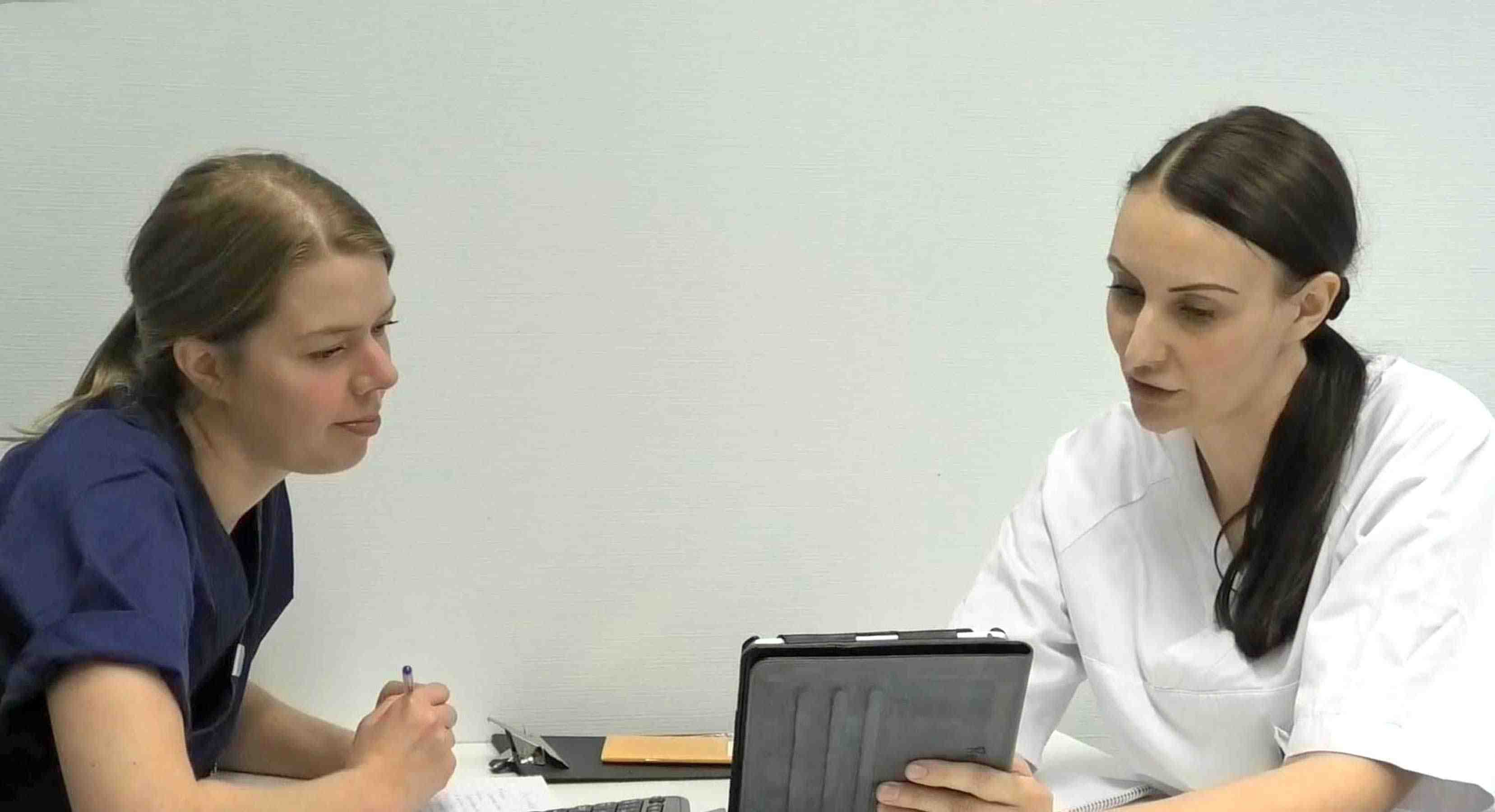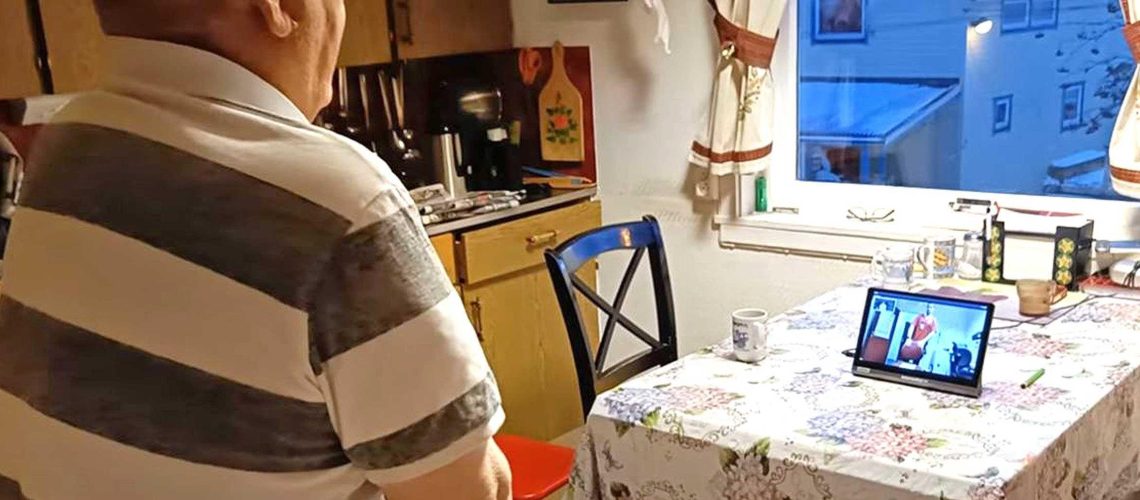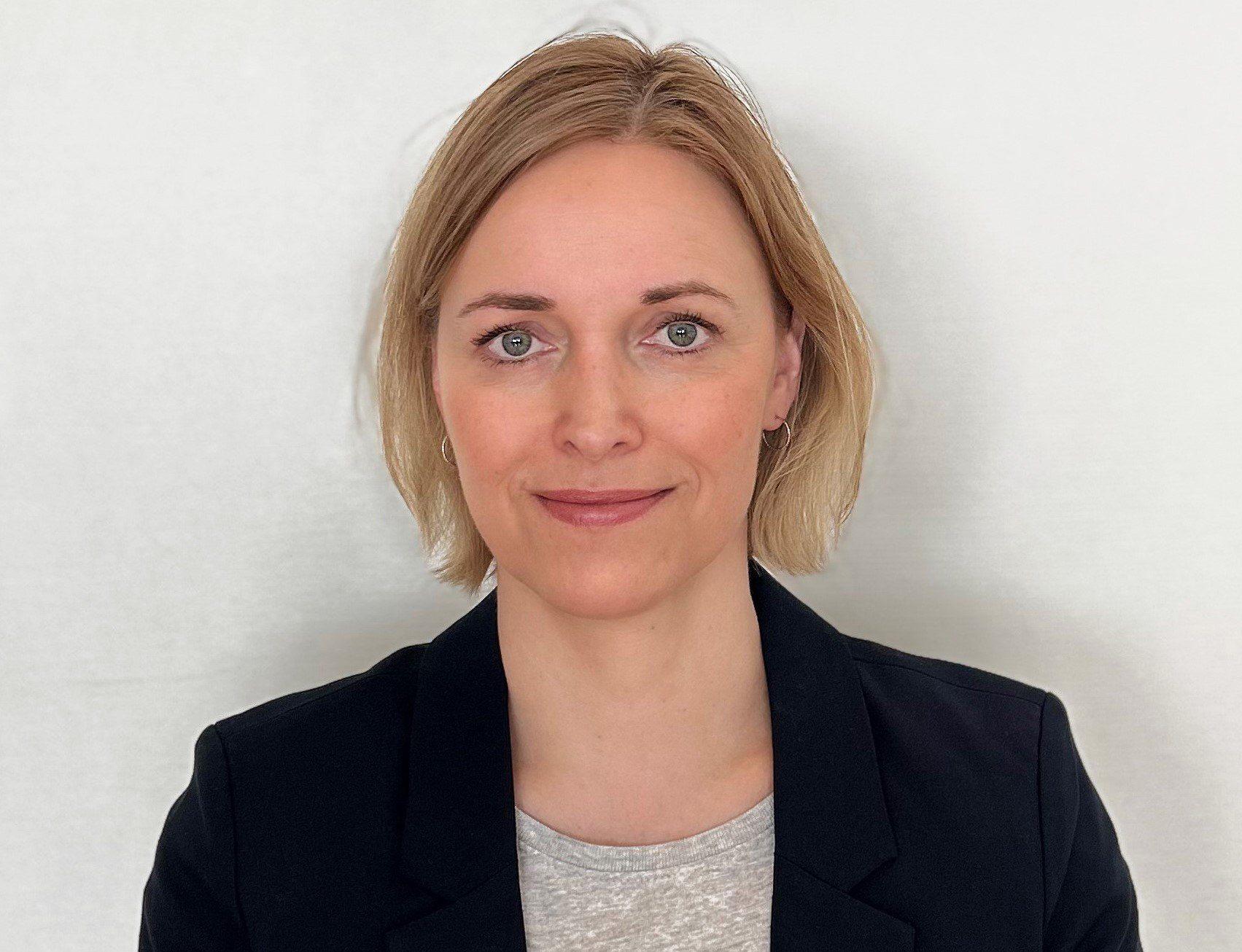Sharing telemedicine stories from Troms in Portugal
The people from the Norwegian Centre for E-health Research are bringing good examples of use of telemedicine and AI in Kvænangen and Tromsø to the WHO digital health conference in Portugal.

Staff from the Norwegian Centre for E-health Research have been invited to an international conference organised by the World Health Organization in Porto, Portugal, on 5 - 6 September. This is the second time that the WHO European Office organises a symposium on digital health, the first time was in 2019.
"We consider this a perfect arena for spreading knowledge about digitalisation in health with innovative examples and best practices from our own county," says Centre Director Stein Olav Skrøvseth of the Norwegian Centre for E-health Research.
"We have been researching digitalisation in health for decades, and the time is overdue for digital tools that are safe and effective to be scaled up and spread to the hard-pressed health sector."

Better prevention and follow-up
The conference is about how artificial intelligence can be used in prevention and treatment, and how digital tools can help reduce the number of people developing chronic diseases. Another important topic is how telemedicine and remote follow-up are increasingly being utilised. During the coronavirus pandemic, e-consultations (telephone, text or video) became essential, but are now being used less, as many patients and GPs prefer to meet face-to-face.
There will also be a focus on digital solutions for pandemic preparedness, digital therapy and prevention of mental health problems, and data-driven decision-making.
"Both Norwegian health authorities and the WHO are encouraging greater use of digital technology, not least to address the shortage of health workers. Technology can provide people with follow-up when they live miles away from the nearest medical centre. In addition, technology can provide a more patient-centred service, where citizens become more active and learn how to prevent health problems," says Stein Olav Skrøvseth.
In municipalities and hospitals in Norway, they are experiencing the same as elsewhere in Europe: The proportion of elderly people with complex needs is increasing, and there are fewer people of working age. This means that there will soon be very few people left to deliver healthcare services to the elderly. For many municipalities in rural areas, it is very challenging to find healthcare professionals.

Holistic, digitally supported treatment
One problem with the health service is that practitioners only see one disease at a time and mainly focus on repairing problems, not prevention. Patients with chronic conditions need help from many different organisations, but face a fragmented system where their information is stored in different computer systems. Patient-centred teams have therefore been established in Tromsø and Harstad, among other places. Results show that mortality and emergency admissions decreased among those who received holistic and proactive follow-up.
Small municipalities such as Kvænangen in Northern Troms communicate with older people via video. Some of the residents live so far away from the municipal centre that it is challenging to get frequent visits from home care services and physiotherapists. In Nordreisa municipality, they have trialled tele-orthopaedics with good results. They have a decentralised service linked to the University Hospital of North Norway (UNN), where they can carry out check-ups, change casts and receive guidance on training via video communication with a medical specialist at UNN. The patient saves a day's travelling.

Delirium and AI
At the conference in Porto, Stein Olav Skrøvseth will highlight good examples of where they have made the most progress in developing methods that can improve treatment and prevent disease.
"The academic communities at UiT and UNN are working closely with the Norwegian Centre for E-health Research on innovative research that can benefit patients. One example is the automatic analysis of patient records, where researchers are finding out who is at risk of delirium after surgery. This will provide clinicians with valuable information when following up on patients," says Skrøvseth.
Need digital expertise
In her presentation in Porto, senior adviser Lene Lundberg will talk about digital home follow-up and the need for technology expertise in the population.
"It will require a major skills boost among 'everyone', to put it simply, if we are to understand and master the digital technology that is now being served up at record speed. Patients must be trained and educated. At the same time, we must take care of those who do not use the web or apps, and who will therefore remain analogue. Health science students, clinicians, municipal care, middle managers, and not least the relatives who have a heavy burden of caring for their loved ones - they all need customised courses and training."
